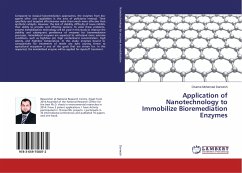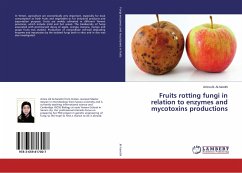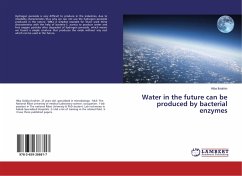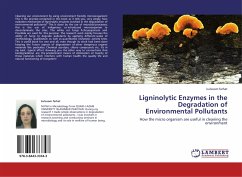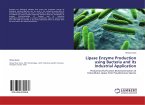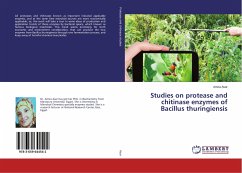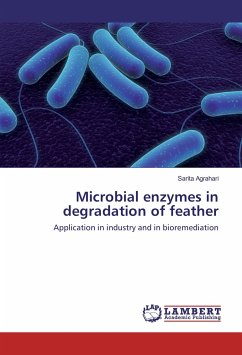Compared to classical bioremediation approaches, the enzymes from bio-agents offer vast capabilities in the area of pollutants removal. Their specificity and targeted effectiveness make them much more effective than synthetic catalysts. However, the lack of stability, difficulty of reuse inhibits their ability to provide cost effective options. To solve these problems, enzyme immobilization technology will be used in this study to improve the stability and subsequent persistence of enzymes for bioremediation processes. Immobilized enzymes are expected to withstand more extreme conditions, such as high/low pH, high contaminant concentration, high salinity, and high/low temperature. In this study, enzymes bound to nanoparticles for treatments of textile azo dyes causing threat to agricultural ecosystem is one of the goals that are striven for. In this respected, the immobilized enzyme will be applied for dyestuff treatment.
Bitte wählen Sie Ihr Anliegen aus.
Rechnungen
Retourenschein anfordern
Bestellstatus
Storno

